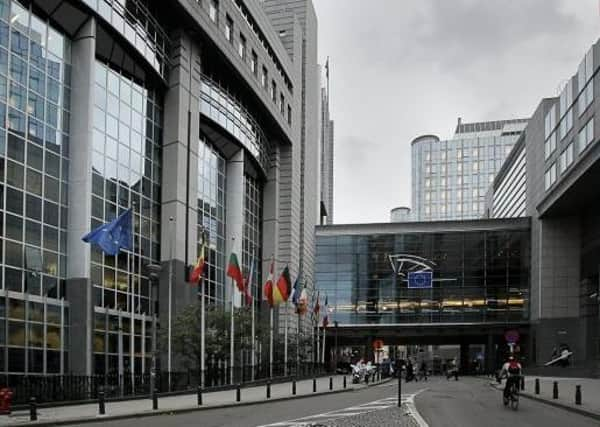Commission announces next European budget and new recovery fund


The new budget totals €1.1 trillion and will be supplemented by a further €750 billion to be borrowed from international financial markets – the so-called Next Generation EU instrument – to help repair the immediate economic and social damage caused by the coronavirus pandemic. The budget for the Common Agricultural Policy will be €348.3 billion, with a further €90 billion for rural development under Pillar 2. Overall European farmers will receive less than under the current budgetary cycle, but rural development has been boosted compared to a May 2018 proposal by an extra €15 billion.
While the Commission intends for this expanded rural development budget to be aimed at meeting at the goals of the European Green Deal, the European farmers’ organisation Copa has called for more financial support under the CAP following the publication of the Farm to Fork and the Biodiversity 2030 strategies. The proposed budget plan will now be subject to negotiations among the EU27 governments and requires unanimous approval, with officials hoping to reach a deal by the summer.
Ukraine set to ban imports of European fertiliser
Advertisement
Advertisement
According to reports, Ukraine has notified the World Trade Organisation that it intends to impose “safeguards” on European nitrogen and complex fertilisers from June 2020 for three years. According to Kyiv, this move has come following an increase in imports of 37 percent from 2016 to June 2019, which has caused “material injury” to domestic producers. Bulgaria, Lithuania and Poland have been identified as main exporters to Ukraine.
Under World Trade Organisation (WTO) rules such sudden increases can justify the temporary imposition of tariffs or quotas to soften the blow and buy domestic producers more time to adapt. Representatives from the different European farmers’ unions are set to discuss this move at next week’s virtual meeting of Copa’s Cereals and Oilseeds and Proteins Working Parties.
Austria bans glyphosate
Austria has formally notified the European Commission that it will ban glyphosate. The country’s lower house in the Parliament has made changes to the 2011 Plant Protection Products Act to ban the placing on the market of products containing the active substance. Austria must now wait for the Commission’s response.
The plan was originally to ban the use of the substance from 1 January, 2020 but that was not possible without the formal notification of the Commission.